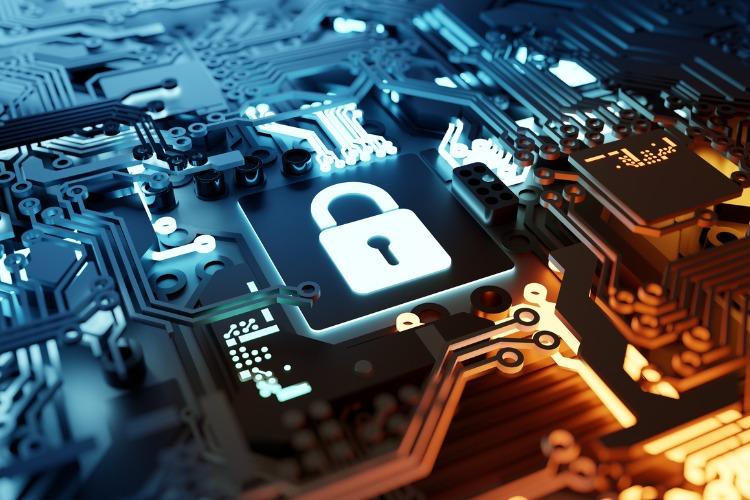How To Safeguard Your Business Against Data Leaks
With cyber threats becoming rampant in the business landscape, data leaks are a critical concern for business owners. Data is an asset no business can afford to lose, as a breach can affect customer trust, lead to reputational damage, and cause penalties for non-compliance. However, protecting it is easier said than done because thefts abound inside and outside organizations.
Unscrupulous employees may steal confidential files from networks and carry them in physical storage devices like flash drives. Even honest people may leak it unintentionally by failing to follow the best security practices. Likewise, hackers may break into your systems and steal data without a hint. Fortunately, you can do your bit to bolster your defenses against such attacks. Here are a few actionable tips to safeguard your business against data leaks.
Keep only what you need
The basic protective measure you must implement is to keep only the information you require instead of retaining loads of files and folders. The best option is to declutter your systems often so that you can eliminate the redundant stuff and focus on protecting what really matters. Also, minimize the number of storage locations to reduce your risk surface. Maintain the data retention standards for your industry, as you may have to follow certain requirements regarding storing data for a specific timeline. Additionally, destroy confidential information before disposing of it as someone may misuse it.
Maintain up-to-date security software
Maintaining up-to-date security software is another step you must implement to safeguard data on your systems. Firewalls, anti-virus software, and anti-spyware apps are a few essentials to keep your business safe from breaches. While buying security software gets you on the right track, you cannot take a set-and-forget approach. You must update them regularly to run the latest versions, as they have patches for potential vulnerabilities. Automating updates is a wise decision as it ensures nothing gets missed.
Encrypt data
Encrypting data is another surefire measure to protect it during transit. You need to send confidential files by email and allow employees access them over remote networks. Either way, there is a risk of theft in transit, but encryption acts as a line of defense even if the worst happens. There is a good chance that cybercriminals cannot break through encrypted files and use them for the wrong purposes. Also, disallow the use of public networks as it gives hackers a chance to intercept confidential files.
Hire an ethical hacker
Surprisingly, bringing an ethical hacker on board can help you strengthen your defenses against leaks and breaches. You can hire a hacker to test your systems and networks and detect vulnerabilities therein. They can also help you implement measures to resolve these issues and recommend best practices to avoid a breach in the future. Since ethical hackers think and work like real ones, they can see the flaws no one else may notice. You can rely on their expertise to create a foolproof defense for your business.
Educate your employees
Educating your employees is another valuable measure to prevent data breaches and safeguard your organization. You may have an honest team, but ignorance can lead to issues. Training employees on protecting data from being compromised can address such concerns. Educate them about setting strong passwords, changing them frequently, and spotting phishing scams and suspicious activity. Empowering them with best practices and tools takes safety awareness a notch higher. You need to go the extra mile to train, educate, and empower remote workers because the risk of breaches runs higher for them.
Create and update procedures
Security procedures are non-negotiable for all businesses, regardless of size and scale. You must implement viable data security standards for your organization and update them consistently. They give a clear idea to employees about your company’s expectations regarding data security so that they take it seriously. Also, set user roles and permissions for remote data access because not everyone should be allowed to use and share all files in your system. Implement data backup and recovery measures to go a step ahead with security.
Data leaks and breaches can be immensely harmful to a business, so building defenses against them is essential. Strong cybersafety measures are enough to protect your business from external attacks, provided you have the latest practices in place. At the same time, pay attention to internal threats such as dishonest employees and lack of security measures to eliminate all possibilities of theft. Consistent effort and security awareness among employees can keep your organization a step ahead of malicious attackers.

